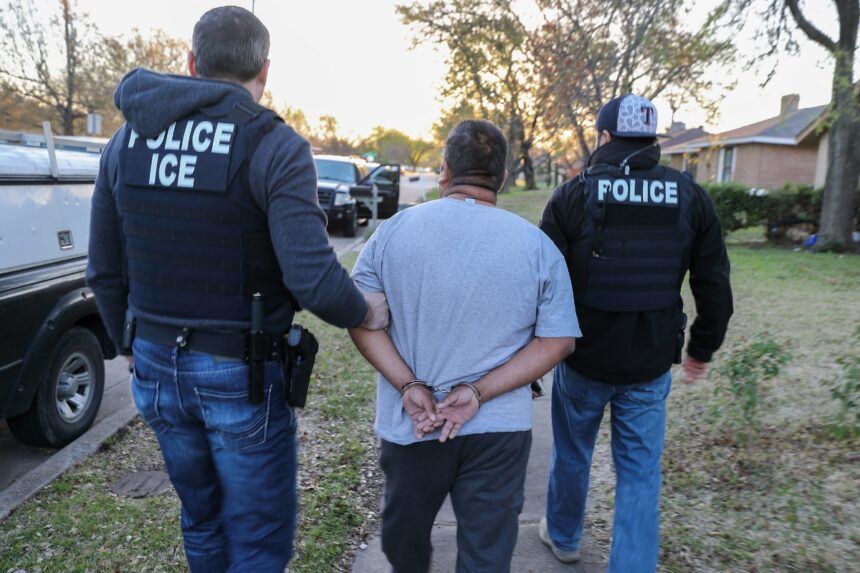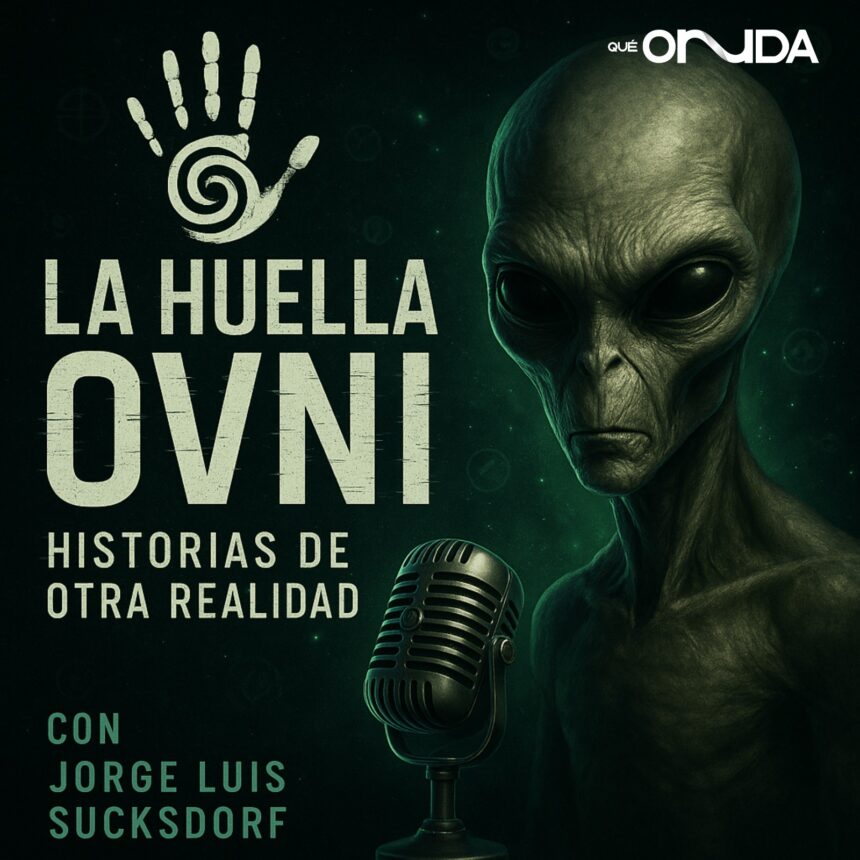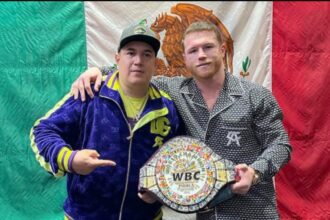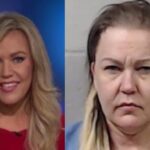This Monday, the U.S. Supreme Court approved President Donald Trump’s administration to withdraw Temporary Protected Status (TPS) from more than 350,000 Venezuelans, leaving them at risk of immediate deportation.
This decision temporarily reverses a federal judge’s ruling that had blocked the measure and represents a critical shift in immigration policies that directly affect the Latino community in the United States.
What is TPS and who does it affect?
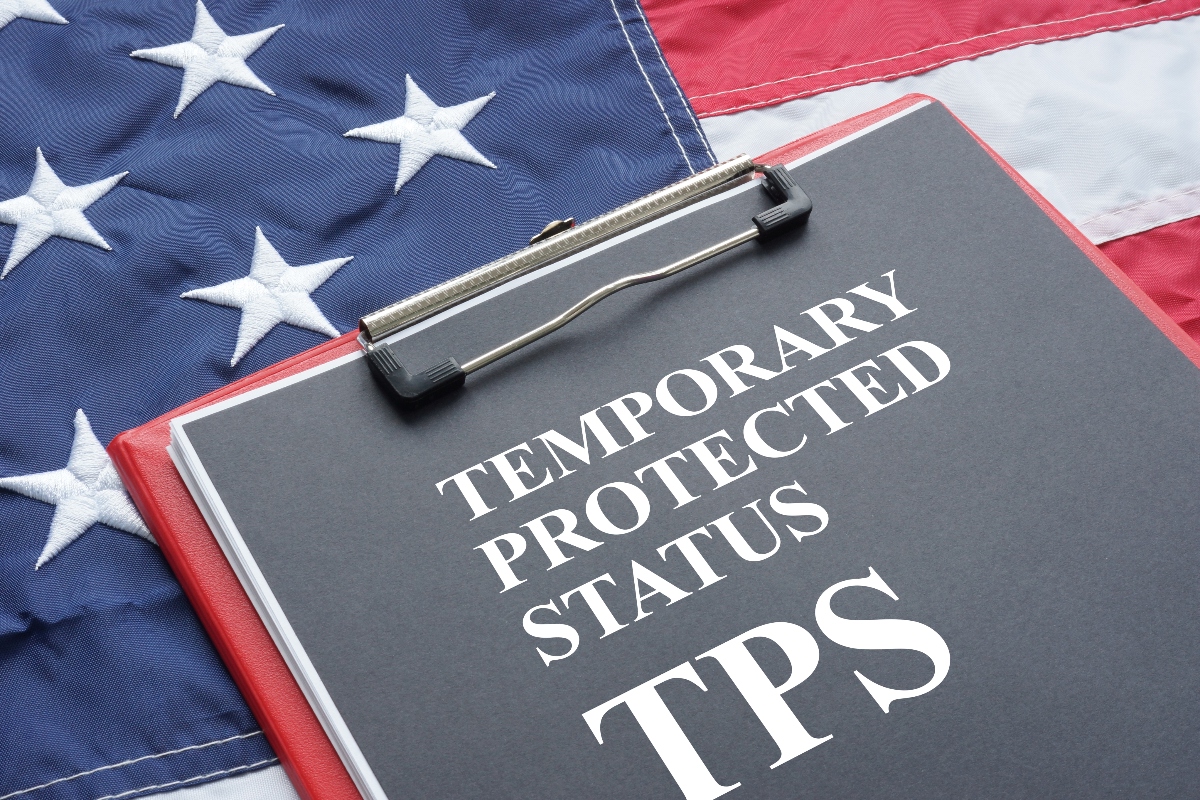
TPS (Temporary Protected Status) is a program created by Congress in 1990 that allows immigrants from countries in crisis – due to war, natural disaster or political instability – to live and work legally in the United States.
In this case, Venezuelans benefited due to the humanitarian, political and economic crisis in Venezuela.
The suspension of the program would also affect immigrants from Cuba, Haiti and Nicaragua, as the government seeks to eliminate other avenues for humanitarian parole.
Why was TPS suspended?
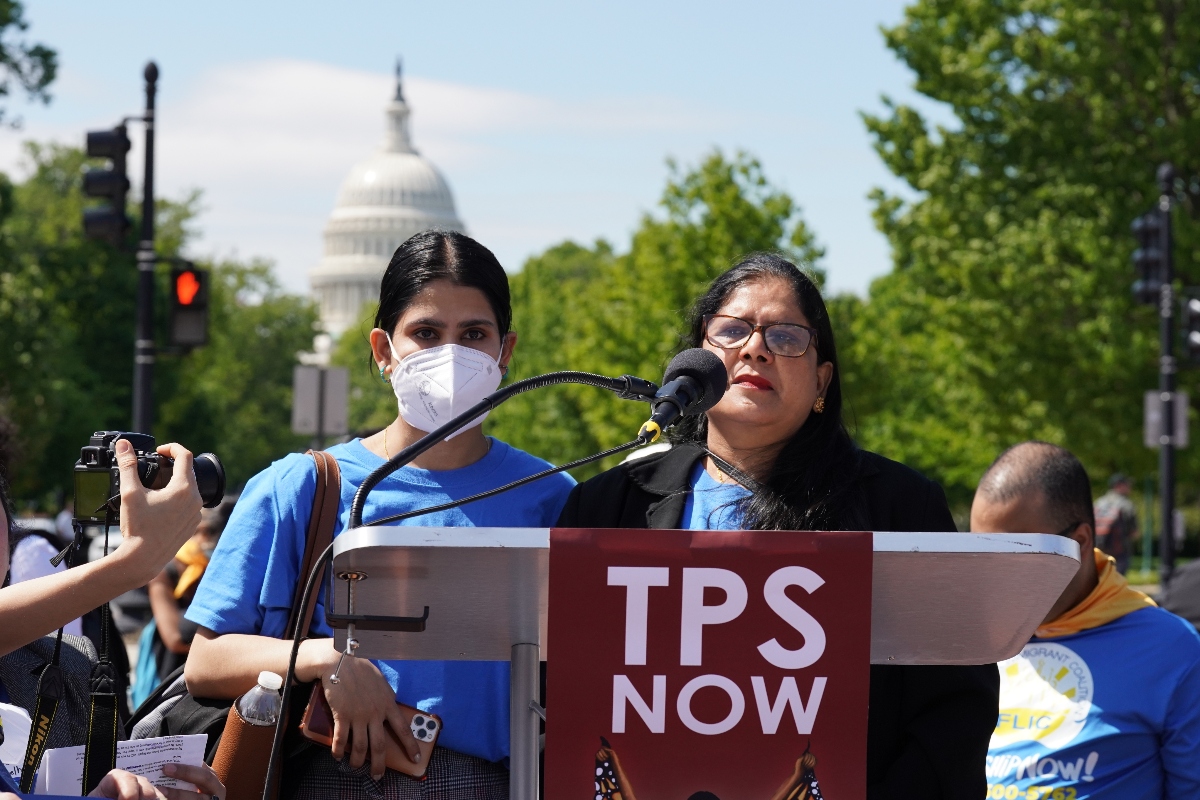
The Supreme Court’ s decision is in response to an emergency appeal by the Trump administration.
He argued that maintaining TPS interferes with his immigration and foreign relations powers.
TPS is a program created by Congress in 1990
QuéOnnda.com
The ruling puts on hold a decision by Federal Judge Edward Chen, who had ordered the status to be maintained on the grounds that removing it would cause massive human and economic harm.
According to Chen, ending TPS could affect hundreds of thousands of families.
In addition to causing economic losses in the millions and leaving many people with no legal alternative to remain in the country.
What can those affected do?
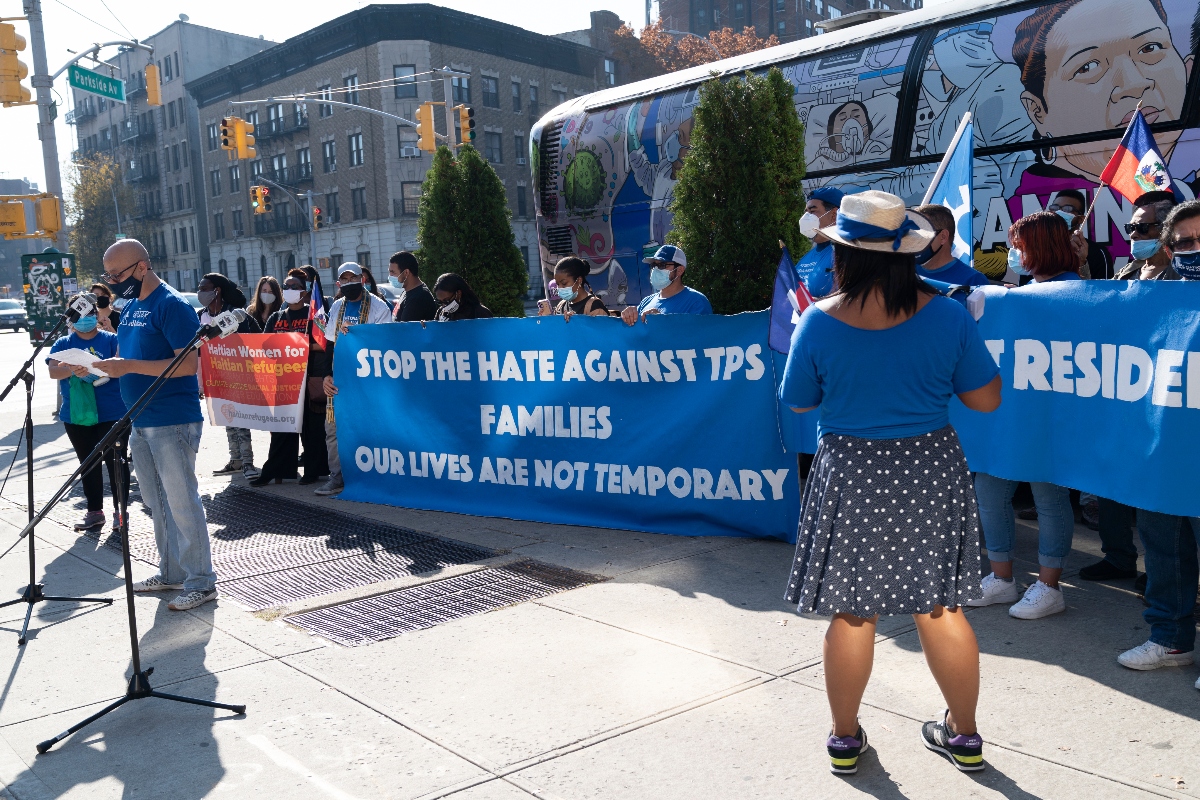
Despite the ruling, the suspension of TPS does not amount to an immediate deportation order.
According to government attorney John Sauer, many immigrants may have other legal options for remaining in the U.S.
Such as applying for asylum, changing immigration status or appealing to immigration courts.
The only known dissent in the Supreme Court was that of Justice Ketanji Brown Jackson, who spoke against accepting the government’s emergency appeal.
This decision generates great uncertainty for Venezuelans living in cities such as Miami, New York, Houston and Los Angeles.
Most of this population is concentrated here.
The Hispanic community now faces the challenge of becoming informed, seeking legal assistance and preparing for possible immigration proceedings.
Pro-immigrant organizations have called for calm and recommend consulting with immigration lawyers for personalized legal options.
For more information, visit QuéOnnda.com.





